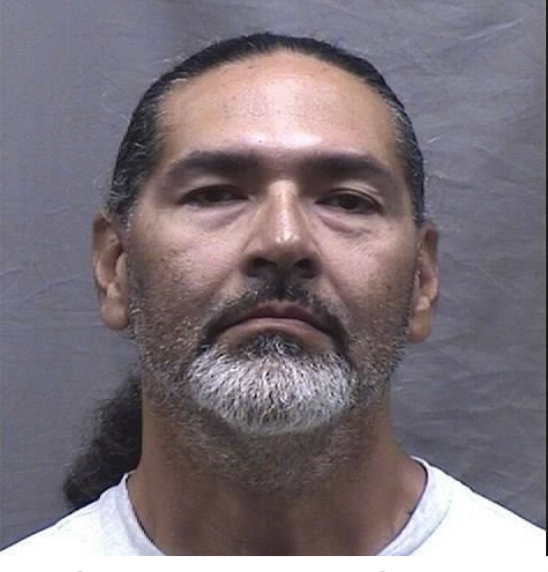
TOPEKA – The Kansas attorney general’s office has resolved a lawsuit filed under the state’s mistaken-conviction statute, according to Kansas Attorney General Derek Schmidt.
The attorney general reached an agreed resolution of a lawsuit filed by 52-year-old Merardo J. Garza, Jr. On January 10, 2008, Garza was convicted of alternative counts of aggravated indecent liberties with a child and rape in Sedgwick County District Court. He was sentenced to life in prison with a minimum sentence of 25 years. His conviction was vacated on November 6, 2020, in Sedgwick County District Court. The agreed resolution was approved January 20, 2022, by Sedgwick County District Judge Seth Rundle.
In the agreed order, the court determined that Garza did not commit the crime for which he was convicted, nor was he an accessory or accomplice to that crime, nor did he suborn perjury, fabricate evidence or cause or bring about his conviction through his own conduct. Garza served 13 years, five months and 27 days in prison or jail.
Accordingly, the court ordered the following relief for Garza, as provided by the mistaken-conviction statute:
- Garza was granted a Certificate of Innocence.
- Records of his conviction and arrest were ordered expunged.
- Garza was granted total compensation of $887,455.22.
By statute, payment is subject to review by the State Finance Council. Copies of the orders in the case of Garza v State of Kansas can be found at https://bit.ly/3qZdu2W. The case is awaiting review by the State Finance Council.
In the second case, Shawnee County District Court Judge Teresa Watson issued a ruling earlier last week in a lawsuit brought by Francis R. Everett, 64, who was convicted in Smith County on charges of manufacturing methamphetamines in November 2007. Everett was released when his conviction was reversed on appeal because the trial court erred in admitting evidence of a prior conviction, not because of actual innocence, Watson wrote. Everett was not retried on the charges, but is currently in prison on other charges.
Following a one-day trial on January 6 to hear Everett’s claim, Watson ruled that Everett failed to satisfy all of the requirements established in K.S.A. 60-5004 that the claimant shall prove, among other criteria, that he did not commit the crimes and was not an accessory to the acts that were the basis for the original conviction. Everett appeared at the trial by videoconference.
A witness at both Everett’s hearing and his 2007 trial testified that she was present with Everett in the making of methamphetamines and subsequent use during a three-month period from March to May 2006. The witness gave a detailed account of how she and Everett drove across state lines to acquire the necessary components to make the illegal drugs and subsequently use them in a secluded area.
Watson said in her ruling that Everett severely undercut his credibility as a witness in his claim against the state, admitting under oath that he “probably did” use methamphetamines during the time in question, despite earlier testimony to the contrary. A copy of Watson’s ruling is available at https://bit.ly/3FOoDHX.
From December 2018 through the present, 14 individuals have filed lawsuits against the State of Kansas under authority of K.S.A. 60-5004, the mistaken-conviction statute. Of those, six have now reached judgment and payment has been made or is in process. In a seventh case, the district court ruled against the claimant, and the Kansas Supreme Court affirmed that no payment was owed. The eighth case (Everett) was rejected at the district court level. Five other cases remain in litigation in district courts. The Garza case is awaiting review by the State Finance Council.



